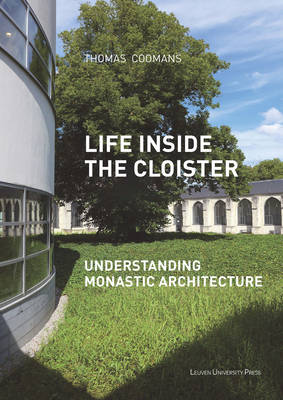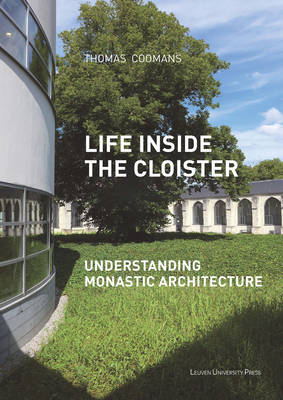
- Retrait gratuit dans votre magasin Club
- 7.000.000 titres dans notre catalogue
- Payer en toute sécurité
- Toujours un magasin près de chez vous
- Retrait gratuit dans votre magasin Club
- 7.000.0000 titres dans notre catalogue
- Payer en toute sécurité
- Toujours un magasin près de chez vous
Life Inside the Cloister
Understanding Monastic Architecture--Tradition, Reformation, Adaptive Reuse
Thomas CoomansDescription
Christian monasteries and convents, built throughout Europe for the best part of 1,500 years, are now at a crossroads. This study attempts to understand the sacred architecture of monasteries as a process of the tangible and symbolic organisation of space and time for religious communities. Despite the weight of seemingly immutable monastic tradition, architecture has contributed to developing specific religious identities and played a fundamental part in the reformation of different forms of religious life according to the changing needs of society. The cloister is the focal point of this book because it is both architecture, a physically built reality, and a metaphor for the religious life that takes place within it. Life Inside the Cloister also addresses the afterlife and heritagisation of monastic architecture in secularised Western society.
Spécifications
Parties prenantes
- Auteur(s) :
- Editeur:
Contenu
- Nombre de pages :
- 300
- Langue:
- Anglais
- Collection :
Caractéristiques
- EAN:
- 9789462701434
- Date de parution :
- 15-11-18
- Format:
- Livre broché
- Format numérique:
- Trade paperback (VS)
- Dimensions :
- 175 mm x 231 mm
- Poids :
- 453 g

Les avis
Nous publions uniquement les avis qui respectent les conditions requises. Consultez nos conditions pour les avis.






